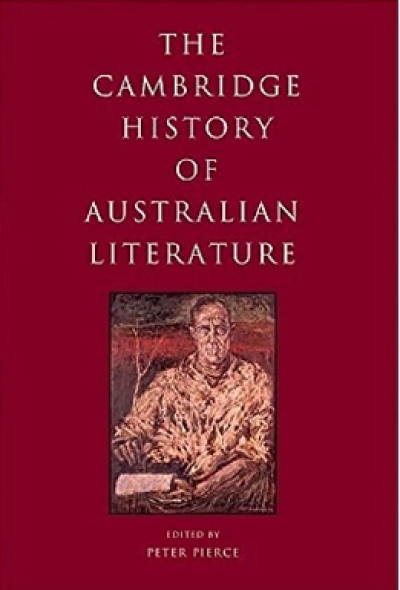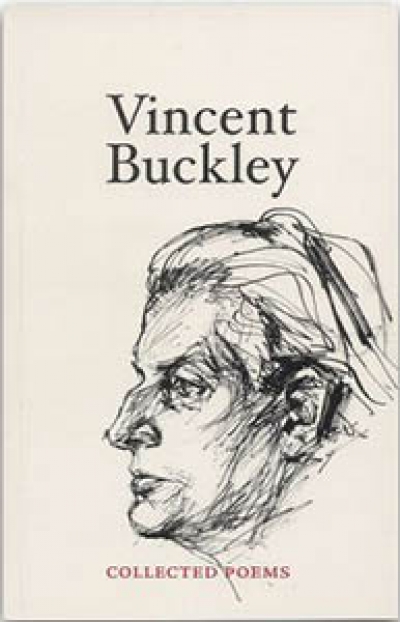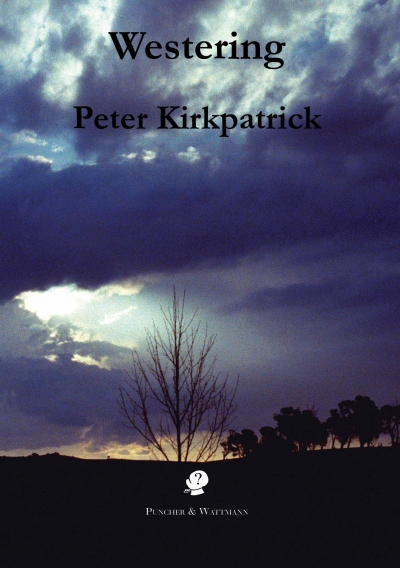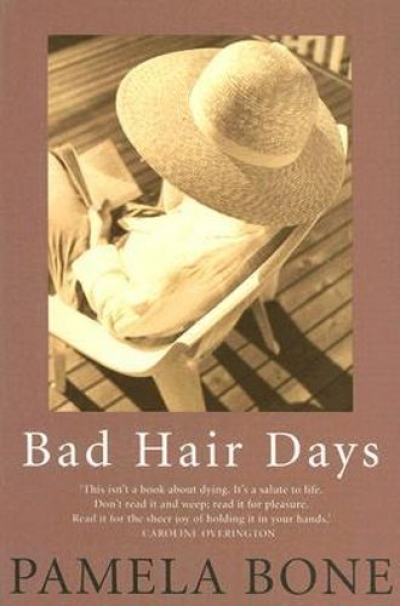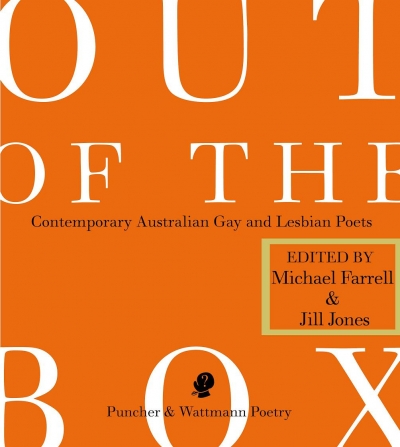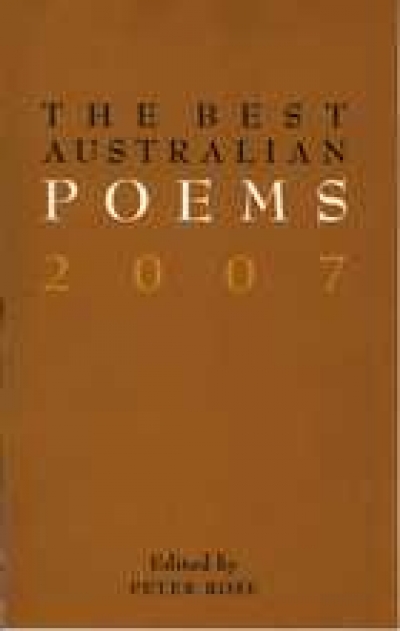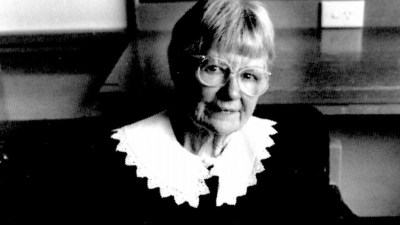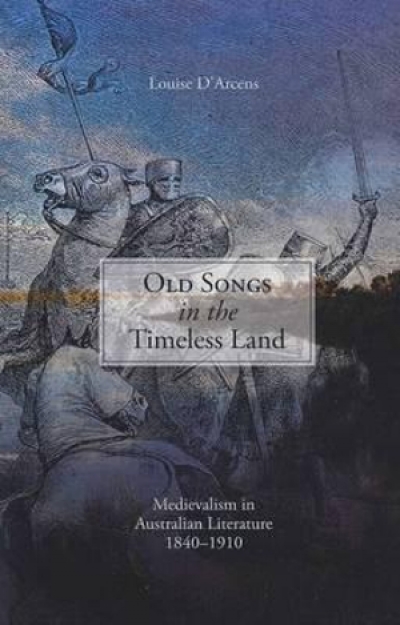Gregory Kratzmann

Gregory Kratzmann, formerly Associate Professor of English at La Trobe University, has edited the letters and poetry of Gwen Harwood. He has published extensively in medieval and early modern literature, and is the editor of Imagination, Books and Community in Medieval Europe (Macmillan and State Library of Victoria, 2009).
A suitable motto for any prospective compiler of a large-scale history of a national literature might be ‘No Place for a Nervous Editor’ (to adapt the title of Lucy Frost’s study of nineteenth-century women’s journals). A few of the portentous questions for this imagined figure include: how is ‘literature’ to be conceptualised at the beginning of the twenty-first century (witness the B ... (read more)
Amnesia about writers of the past, even the not too distant past, is one of the besetting ills of our culture. How many readers of poetry under forty have more than a nodding acquaintance with the work of A.D. Hope, Francis Webb, Douglas Stewart or Vincent Buckley? All are fine poets, remembered now (if at all) through a handful of anthology pieces, partly because their published volumes usually d ... (read more)
‘Westering’ is a resonant archaism which makes a wittily ironic title for Peter Kirkpatrick’s new volume. This is work which has a decidedly début du siècle flavour in its hard-edged urban perspective on ‘out west’. The dialectic of city/bush, with its history from Henry Lawson and Banjo Paterson to Les Murray, is voiced in several registers through these finely crafted and sharply lit ... (read more)
Pamela Bone has written a remarkably brave book. She writes about how the chemotherapy which she underwent after the diagnosis of multiple myeloma in 2004 robbed her of the fearlessness of her life as journalist, human rights activist, feminist, and public speaker. She pays tribute to the late British journalist John Diamond, who insisted that writing about his cancer was not brave at all. Bone di ... (read more)
Does the title of this anthology, heralded by its editors as the first collection of Australian gay/lesbian/queer poetry, refer to the myth of Pandora’s pithos? Hesiod’s version of the story, which sees Pandora as the unleasher of all manner of evils on the (‘rational’/patriarchal) world, has been interrogated by feminist scholars who see Pandora in an older incarnation of ‘gift-giver’ ... (read more)
Given the Howard government’s recent proposal to include the compulsory study of selected aspects of Australian history for secondary school students, perhaps it is time for more educators to follow the lead of Nicholas Jose and others in urging that Australian literature occupy a more prominent place in the school curriculum. Literature – and poetry in particular – does not have the politic ... (read more)
When Gwen Harwood has something private to say, she writes it on a postcard, so that ‘nobody takes any notice of it’. Writing the biography of this elusive poet has set Gregory Kratzman some teasers.
Gwen Harwood’s poetry has been the subject of an increasing number of essays and articles during the last decade; in the last twelve months three books have appeared (written by Alison Hoddin ... (read more)
Medievalism – the inspiration of the Middle Ages and their Gothic-Romantic and Aesthetic descendants for modern writing – is one of the more fascinating historical discourses to have emerged in Western criticism in recent decades. In Australia, this criticism has been led by Stephanie Trigg, Andrew Lynch, and Louise D’Arcens, who has written perceptively (among other topics) of the architect ... (read more)
Weeks before its release, the Man Booker tipsters are laying short odds on Alan Hollinghurst’s new novel, the successor to his 2004 winner, The Line of Beauty. Booker cynics might agree that the great British literary race has in some seasons had more in common with pin-the-tail-on-the-donkey than the Derby, but here is surely a promising contender for 2011’s glittering prize. Where The Line o ... (read more)


